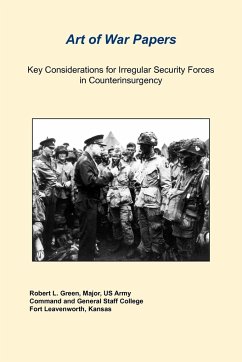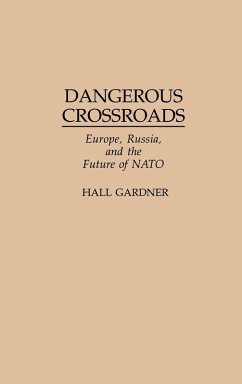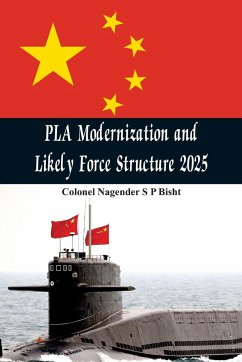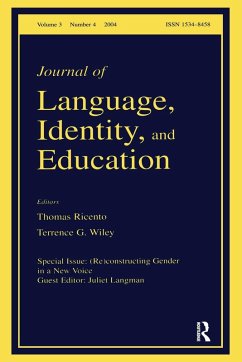
Constructing International Security
Versandkostenfrei!
Versandfertig in 1-2 Wochen
86,99 €
inkl. MwSt.
Weitere Ausgaben:

PAYBACK Punkte
43 °P sammeln!
Constructing International Security helps policy makers and students recognize effective third-party strategies for balancing deterrence and restraint in security relationships. Brett V. Benson shows that there are systematic differences among types of security commitments. Understanding these commitments is key, because commitments, such as formal military alliances and extended deterrence threats, form the basis of international security order. Benson argues that sometimes the optimal commitment conditions military assistance on specific hostile actions the adversary might take. At other tim...
Constructing International Security helps policy makers and students recognize effective third-party strategies for balancing deterrence and restraint in security relationships. Brett V. Benson shows that there are systematic differences among types of security commitments. Understanding these commitments is key, because commitments, such as formal military alliances and extended deterrence threats, form the basis of international security order. Benson argues that sometimes the optimal commitment conditions military assistance on specific hostile actions the adversary might take. At other times, he finds, it is best to be ambiguous by leaving an ally and adversary uncertain about whether the third party will intervene. Such uncertainty transfers risk to the ally, thereby reducing the ally's motivation to behave too aggressively. The choice of security commitment depends on how well defenders can observe hostilities leading to war and on their evaluations of dispute settlements, their ally's security and the relative strength of the defender.














